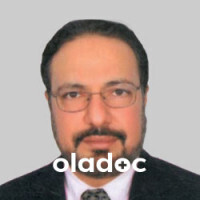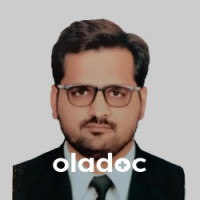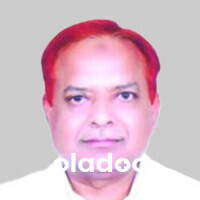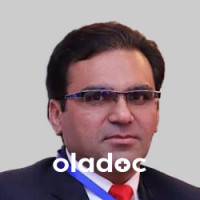A bladder is considered overactive when there is little to no control over urination and its frequency. While this generally benign condition can be easily prevented, those with the condition often require adequate treatment ranging from simple behavioral adjustments to medication, and surgery in rare, severe, and potentially life-threatening cases. Let’s see what treatments for an overactive bladder are available today.
1- Lifestyle and Behavioral Changes
First off, we have the home treatments for an overactive bladder. Most patients of OAB can recover or effectively manage their condition by making the following changes in their lifestyle and behavioral patterns:
- Kegels: Performing this muscle strengthening exercise 10 times a day with 3 sets each can help overcome bladder overactivity due to weak pelvic floor and sphincter (surrounding the urinary outlet, or urethra) muscles. Simply tighten your pelvic floor muscles like you would when trying to avoid urination (for 2 seconds initially, slowly working up to 10 seconds), relax for 3 seconds, and repeat. Remember to breathe normally during the exercise, and avoid simultaneously squeezing your buttocks, thighs, or stomach.
- Weight Loss: Overweight individuals or those suffering from stress urinary incontinence (overactivity due to pressure on the bladder) may benefit from reducing and maintaining an optimum weight as it can help reduce the load on the bladder.
- Scheduled Toilet Trips: Instead of waiting for the urge to urinate, establish specific times for relieving yourself, making sure they are not too far apart, such as every 2-3 hours, and follow this schedule.
- Bladder Training: Starting with small delays of 15-30 minutes in voiding (urine excretion) by contracting your pelvic floor muscles upon experiencing an urge, regain control over your bladder by gradually increasing void time to every 3-4 hours
- Fluid Regulation: As chronic dehydration or reduced fluid intake can irritate the bladder lining by concentrating the urine, hence leading to increased urinary urges, drink the daily recommended fluid amount, particularly during the day; while reducing intake in the evening to minimize nighttime urination.
- Healthy Food Choices: Avoid bladder irritating foods such as spicy and acidic foods; along with caffeine and salty foods, as they increase urine production.
- Absorbent Pads: Wear absorbent pads and/or undergarments to avoid embarrassing situations and soiling your clothes in case of an emergency, at least until you regain a certain amount of bladder control via Kegels and bladder training.
- Intermittent Catheterization: Alternately emptying the bladder via a catheter alongside the above measures may help individuals who experience OAB due to an inability to empty their bladder at any one time.
- Pelvic floor exercises: Involuntary contractions of the bladder are typical issues of having an overactive bladder. Certain exercises such as Kegel exercises can strengthen pelvic floor muscles which help stop these involuntary contractions.
- To ensure the proper form, method and necessary number of repetitions of kegel exercises, your doctor or physical therapist should be consulted. As with all other exercises, the effectiveness of kegel exercises and how well they work for your body will depend on how consistent you are in sticking to the routine.
- Biofeedback: Biofeedback is another way to assist you in reprogramming your overactive bladder. Electrical sensors and connected to your body to allow you to receive information about it. These sensors will hep you make subtle changes in your body during times of urgency. These changes can include things such as strengthening the pelvic muscles so that you are better able to suppress feelings of urgency when they arrive.
2- Medication
Antispasmodics and Anticholinergics such as Oxybutynin, Trospium, Tolterodine, etc. can be prescribed alongside the above-mentioned behavioral interventions for reducing bladder contractions and the resultant urinary urges and incontinence. However, these medications may cause dry eyes, mouth, and constipation, which can be relieved via eye drops and sugar-free candy or gum, and a fiber-rich diet or stool softeners, respectively.
3- Nerve Simulation
An electric current is passed into the bladder via a thin wire and permanent electrode implanted under the skin near the tailbone, which helps improve OAB symptoms by regulating nerve impulses sent by the bladder to the brain.
4- Surgery
Patients who are unresponsive to other treatments may undergo surgery to either increase bladder capacity by replacing a portion of the bladder with pieces of the bowel (Augmentation Cytoplasty), in which case a catheter may have to be used permanently for urine removal; or undergo complete bladder removal, after which an artificially constructed replacement bladder, or an opening in the body may be made for urine removal.
Some patients may also simultaneously experience bowel problems, in which case separate medical consultations are necessary for appropriate treatment. In order to seek options for treatments for an overactive bladder, you can book an appointment with a top Urologist in Lahore, Karachi and Rawalpindi through oladoc.com, or call our helpline at 042-3890-0939 for assistance to find the RIGHT Doctor for your urological concerns.










